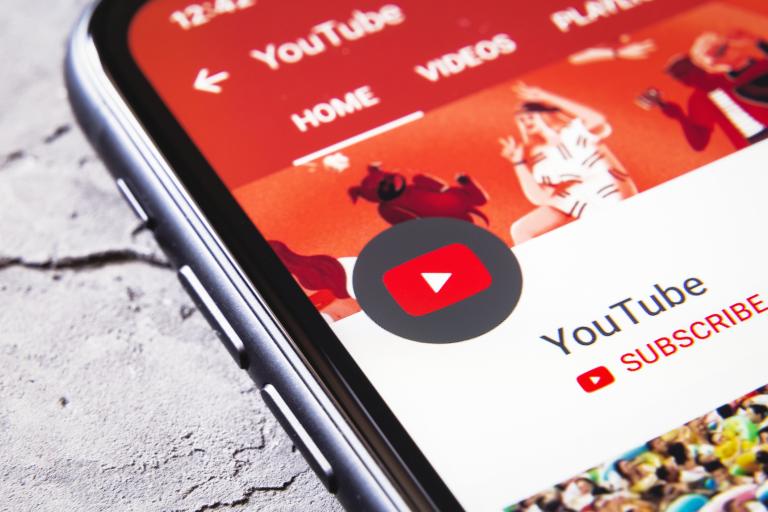This website uses cookies so that we can provide you with the best user experience possible. Cookie information is stored in your browser and performs functions such as recognising you when you return to our website and helping our team to understand which sections of the website you find most interesting and useful.

In the age of social media, creators are constantly working to churn out new content that is both entertaining and original.
On YouTube, where there are more than 2bn users, the stakes are especially high, as videos must stand out if they are to survive in the cutthroat competition for views.
But, if you were to rewind to simpler times, you’d find a YouTube video that encompasses the innocent nature of early social media platforms - in the form of “Me at the zoo”.
On 23 April 2020, YouTube’s first-ever video will celebrate its 15-year anniversary. Today the video, created by YouTube co-founder Jawed Karim, is still going strong.
In the 18-second video, which has been viewed more than 90m times since it was uploaded two months after the site’s creation and one month before the platform’s public beta launch, a blurry Karim describes his visit to see the elephants at the San Diego Zoo.
“Alright so here we are in front of the elephants,” Karim, who was 26 at the time, tells the camera. “The cool thing about these guys is that they have really, really, really long trunks and that’s cool.”
“And that’s pretty much all there is to say,” the YouTube co-founder concludes.
While the grainy video is forgettable, it was the ideal model for what YouTube hoped to become - a platform where people could share moments from their own lives, interesting or not.
Today, YouTube’s website states: “Our mission is to give everyone a voice and show them the world.”
The format also carved out a new sphere in the media industry, by changing the way people access and consume news.
While “Me at the zoo” may not have been groundbreaking subject matter, it marked the start of what would be a valuable format for people looking for information - and quickly.
“It played a pivotal role in fundamentally altering how people consumed media and helped usher in a golden era of the 60-second video,” the Los Angeles Times wrote in 2010.
Just five months later, YouTube achieved another milestone, when a viral Nike ad reached 1m views - the platform’s first video to do so - and by October 2006, Google had acquired the company for $1.65bn.
As for Karim’s role in the evolution of YouTube after uploading the first video, the tech founder never did “take a salary, benefits or even a formal title,” according to The New York Times, but rather, went to Stanford for his master’s degree in computer science.
He did make money off the acquisition however, walking away with $64m in shares. Today, Karim has an estimated net worth of $140m.



 Africana55 Radio
Africana55 Radio 

